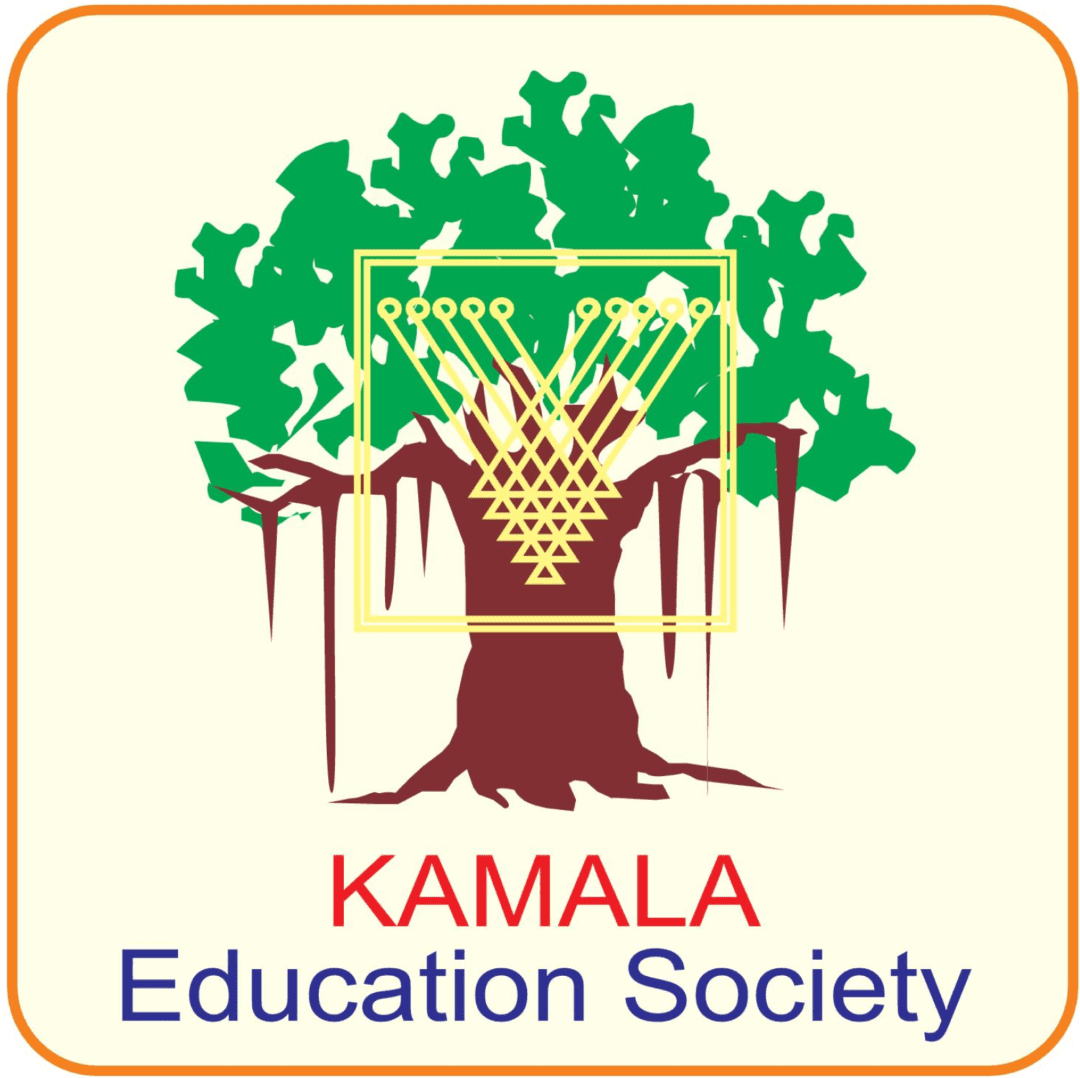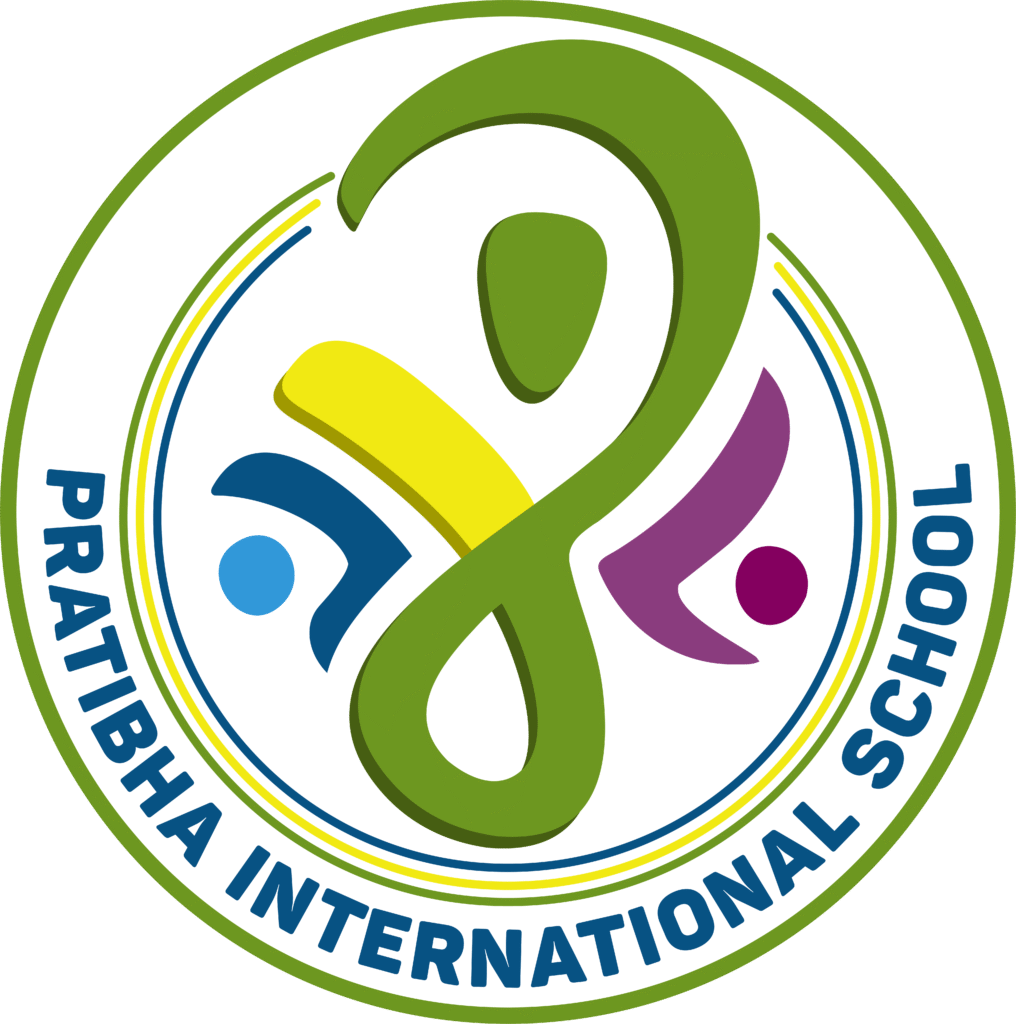Menu
Edit Content
CBSE Affiliation Number: 1130628 | All Rights Reserved
CBSE Affiliation Number: 1130628 | All Rights Reserved
CBSE Affiliation Number: 1130628 | All Rights Reserved
The formation of parents- teachers’ Association and working method is as under. Membership of association shall be open to:
The formation of Parents- Teacher’s Association’s Managing Committee would be as under:
| Sr. No. | Name of member | Status in the Committee |
|---|---|---|
| 1 | DEEPAK V SHAH | CHAIRMAN (MANAGEMENT) |
| 2 | SAVITA H TRAVIS | MEMBER SECTRETARY |
| 3 | HITEN KARAN! | SCHOOL MANAGER |
| 4 | LIZA SOJU | SCHOOL REPRESENTATIVE I |
| 5 | GULNAZ KHAN | SCHOOL REPRESENTATIVE 2 |
| 6 | NETRA PALSHIKAR | PARENT MEMBER I |
| 7 | PADMANAND MENON | PARENT MEMBER 2 |
| 8 | KAVITA DESHPANOE | SCHOOL TEACHER MEMBER I |
| 9 | JASLEEN KAUR SOHANTA | SCHOOL TEACHER MEMBER 2 |
| 10 | VANIETAA KURHADE | OTHER INSTITUf E REPRESENTATIVE MEMBER |
| 11 | PRAMOD JADHAV | CBSE AFFILIATED SCHOOL PRINCIPAL MEMBER I |
| 12 | RUPALI DHAMDHERE | CBSE AFFILIATED SCHOOL PRINCIPAL MEMBER 2 |




Copyright © 2025 | Pratibha International School & JR. College | All Rights Reserved
Website developed & Powered by BNF Digital Pvt. Ltd.